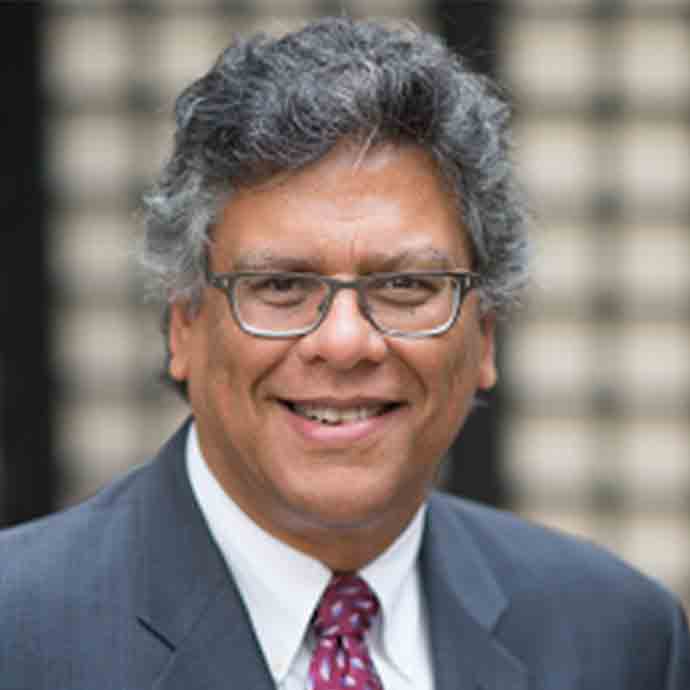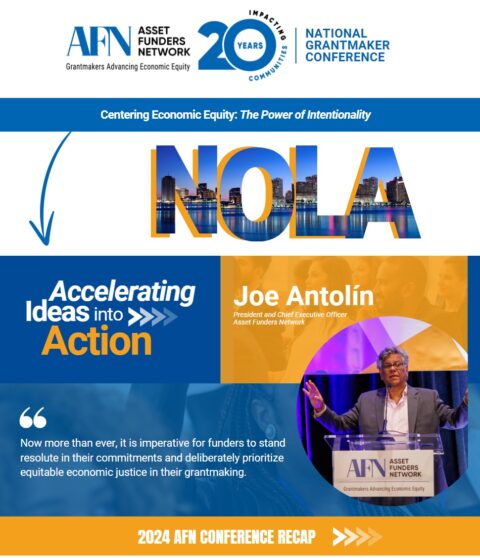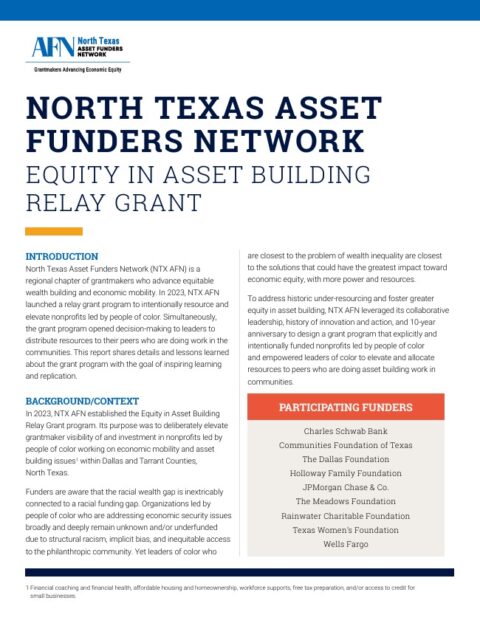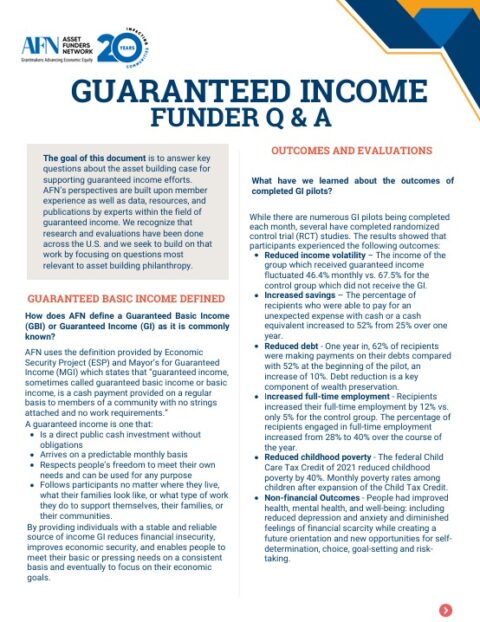
FROM THE DIRECTOR
NOVEMBER 2018
As I reflect on where we are, the racial and gender wealth gaps reflect the legacy of laws often forgotten. The racist, misogynist, and immigrant scapegoating has found a new disturbing energy. And that energy will either slow progress toward equity and prosperity or it will create a sense of urgency to innovate and move forward. While thankfully, the hate is being rejected by many, the heightened fears are concerning.
How did we get here?
In the 1950s, Brown vs Board of Education promised desegregation of schools or, at least, the end to intentional segregation. Yet, public schools are more segregated today than they were forty years ago. This is mostly the result of segregated neighborhoods and, in some cases, the private and selective charter schools that often contribute to deepening the wedge.
Is such segregation a choice? Maybe, but the reality is residential segregation exists due to the several systemic and legacy legal reasons that were on the books and enforced by past government agencies.
Parent economic status is commonly replicated in the next generation. Today’s depressed incomes are setting in stone the racial and gender wealth gap that will ensure immobility for future generations.
So why dwell on this?
Because this is the core challenge AFN, financial institutions, and philanthropy must confront if we embrace the land of opportunity as one where economic mobility and shared prosperity can be realized. Our present actions will dictate the future.
Millennials are nearly 50% people of color. Too many live in zip codes that limit opportunity. Too few policies, philanthropic investments, and financial services are intentionally seeking to change the trajectory dictated by the legacy.
Just like the Cubs and Red Sox required collective team efforts to reverse decades of stagnation in order to become winners, our efforts can reverse immobility to expand opportunity and prosperity. We will continue to advance intentional system building through innovation, recognize collective community strengths as a foundation for change, and support individual effort toward achieving their goals.
 |
Joseph A. Antolín


